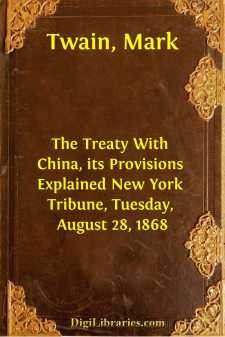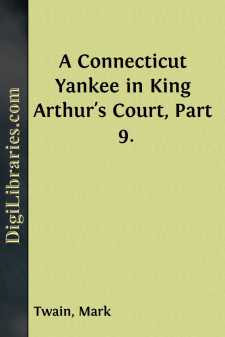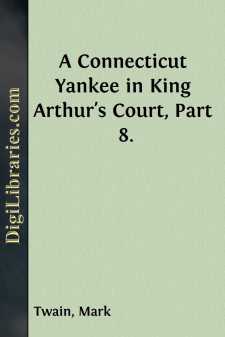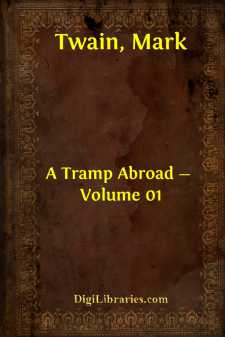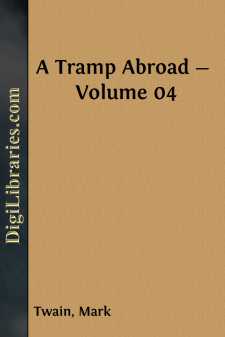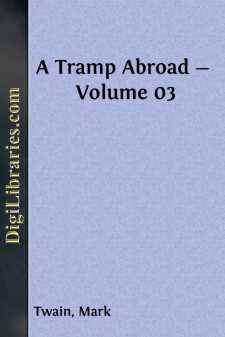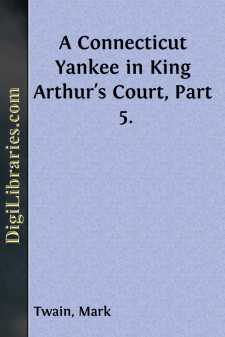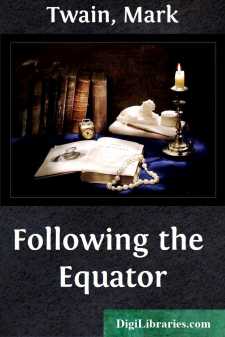Categories
- Antiques & Collectibles 13
- Architecture 36
- Art 48
- Bibles 22
- Biography & Autobiography 813
- Body, Mind & Spirit 142
- Business & Economics 28
- Children's Books 14
- Children's Fiction 11
- Computers 4
- Cooking 94
- Crafts & Hobbies 4
- Drama 346
- Education 46
- Family & Relationships 57
- Fiction 11828
- Games 19
- Gardening 17
- Health & Fitness 34
- History 1377
- House & Home 1
- Humor 147
- Juvenile Fiction 1873
- Juvenile Nonfiction 202
- Language Arts & Disciplines 88
- Law 16
- Literary Collections 686
- Literary Criticism 179
- Mathematics 13
- Medical 41
- Music 40
- Nature 179
- Non-Classifiable 1768
- Performing Arts 7
- Periodicals 1453
- Philosophy 64
- Photography 2
- Poetry 896
- Political Science 203
- Psychology 42
- Reference 154
- Religion 513
- Science 126
- Self-Help 84
- Social Science 81
- Sports & Recreation 34
- Study Aids 3
- Technology & Engineering 59
- Transportation 23
- Travel 463
- True Crime 29
The Treaty With China, its Provisions Explained New York Tribune, Tuesday, August 28, 1868
by: Mark Twain
Description:
Excerpt
ARTICLE I.
His Majesty, the Emperor of China, being of the opinion that in making concessions to the citizens or subjects of foreign Powers of the privilege of residing on certain tracts of land, or resorting to certain waters of that Empire for the purposes of trade, he has by no means relinquished his right of eminent domain or dominion over the said land and waters, hereby agrees that no such concession or grant shall be construed to give to any Power or party which may be at war with or hostile to the United States the right to attack the citizens of the United States or their property within the said lands or waters; and the United States, for themselves, hereby agree to abstain from offensively attacking the citizens or subjects of any Power or party or their property with which they may be at war on any such tract of land or waters of the said Empire; but nothing in this article shall be construed to prevent the United States from resisting an attack by any hostile Power or party upon their citizens or their property. It is further agreed that if any right or interest in any tract of land in China has been or shall hereafter be granted by the Government of China to the United States or their citizens for purposes of trade or commerce, that grant shall in no event be construed to divest the Chinese authorities of their right of jurisdiction over persons and property within said tract of land, except so far as that right may have been expressly relinquished by treaty.In or near one or two of the cities of China the Emperor has set apart certain tracts of land for occupation by foreigners. The foreigners residing upon these tracts create courts of justice, organize police forces, and govern themselves by laws of their own framing. They levy and collect taxes, they pave their streets, they light them with gas. These communities, through liberality of China, are so independent and so unshackled that they have all the seeming of colonies—insomuch that the jurisdiction of China over them was in time lost sight of and disregarded—at least, questioned. The English communities came to be looked upon as a part of England, and the American colonies as part of America; and so, after the Trent affair, it was seriously held by many that the Confederate ships of war would be as justifiable in making attacks upon the American communities in China as they would be in attacking New York or Boston. This doctrine was really held, notwithstanding the supremacy of China over these tracts of land was recognized at regular intervals in the most substantial way, viz., by way of payment to the Government of a stipulated rental. Again, these foreign communities took it upon themselves to levy taxes upon Chinamen residing upon their so-called "concessions," and enforce their collection. Perhaps those Chinamen were as well governed as they have been anywhere in China, perhaps it was entirely just that they should pay for good government—but the principle was wrong; it was an encroachment upon the rights of the crown, and caused the Government uneasiness; the boundary thus passed there was no telling how far the encroachment might be pushed....


